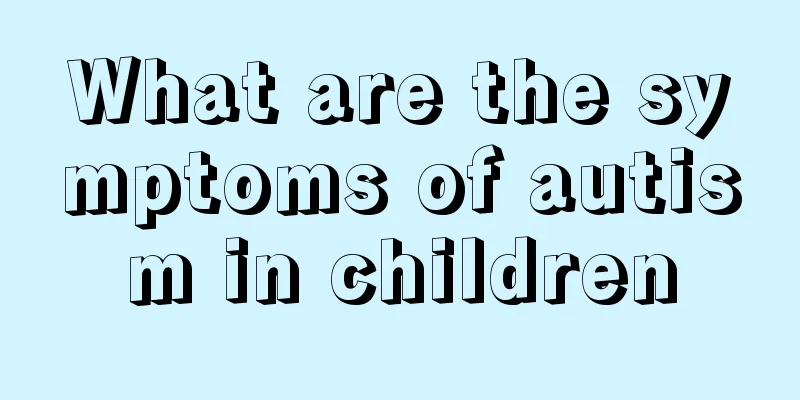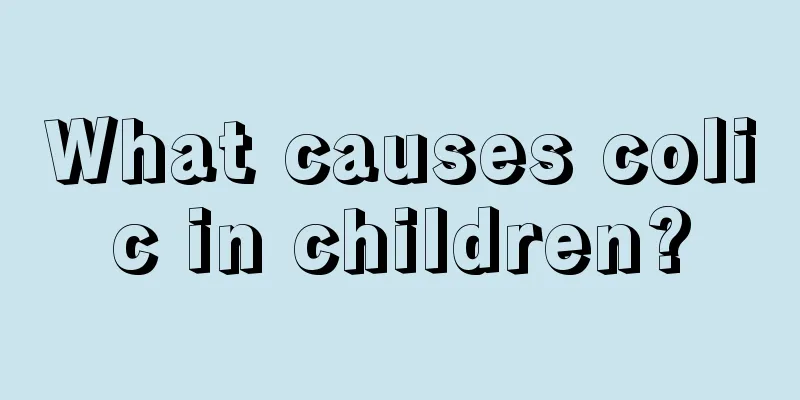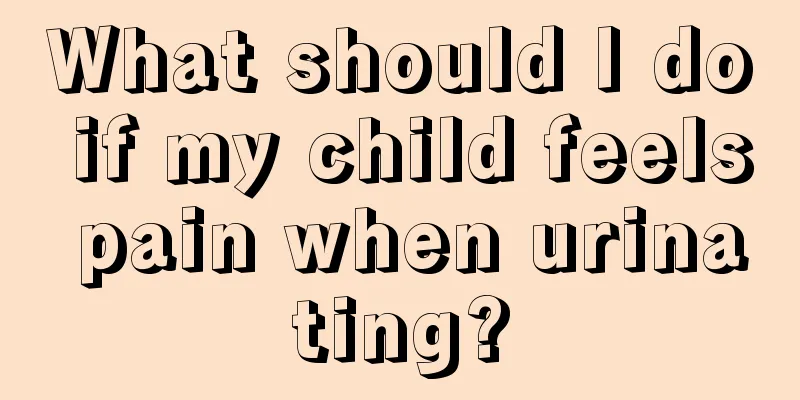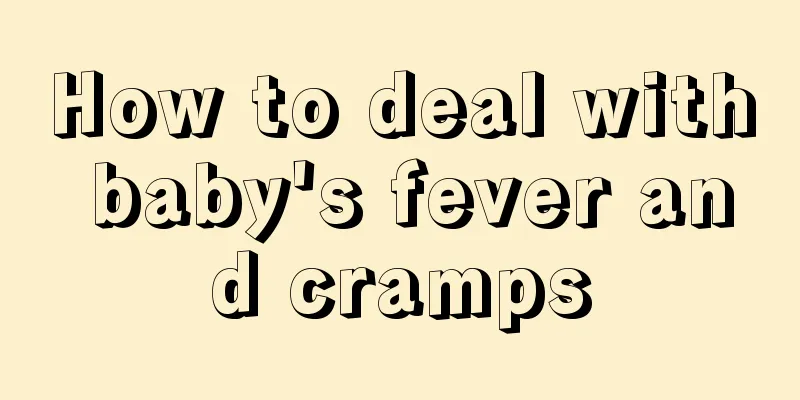What are the symptoms of autism in children

|
If autistic children are not discovered and treated early, it will have a very serious impact on their future lives. They will show symptoms such as social disorders, language and communication disorders, and repetitive and limited behavior patterns. 1. Social skills barriers People with autism lack the ability to learn to recognize their relationships with others and basic social coping skills. Therefore, from a young age, they may ignore people, not look at people, lack response to people, are not afraid of strangers, and have difficulty establishing family relationships. In terms of group life, due to their narrow interests and weak imitation ability, they often fail to master social skills and lack cooperation. At the same time, due to their weak imagination, they rarely engage in symbolic play activities using toys. Difficulties such as difficulty understanding other people's emotions and feelings, and inability to express one's own emotions in a way that is acceptable to others. 2. Language and communication barriers People with autism have varying degrees of difficulty in understanding other people's spoken language, body language, or expressing their meaning through language, gestures, and facial expressions. The content of their conversations is mostly limited to a few topics, or only uses a few words. About 50% of autistic children do not have communicative language; and those with speech often show characteristics such as parrot-like imitation, pronoun reversal, irrelevant answers, and lack of tone changes. They also have difficulty understanding non-verbal communication (such as gestures), and are usually not very good at using body language to communicate with others. 3. Repetitive and limited behavior patterns Children with autism often have some fixed habits or ways of playing that are different from those of normal children, such as taking a certain route when going out, special and fixed clothing, food, housing and transportation habits, narrow and special interests, monotonous and repetitive ways of playing without changes, fixed environment layout, etc. If there is a slight change, they cannot accept it and resist and cry. People with autism may also be fascinated by repetitive behaviors such as pressing buttons, opening and closing doors, and rotating objects. They may also exhibit abnormal stereotyped behaviors such as shaking, spinning the body, and clapping their hands. |
<<: What causes separation anxiety in children?
>>: What to do if your child accidentally swallows chewing gum
Recommend
The child fell on the back of his head and had a nosebleed
Young children are like wild horses that cannot b...
The disadvantages of children learning table tennis
In life, many people like to play table tennis, a...
Is it okay for boys to drink soy milk?
Soy milk is a very popular drink because it has h...
What effects do mosquito coils have on babies?
In summer, there will be a lot of mosquitoes in t...
How to remove ringworm on baby's face
Everyone hopes that their children can grow up he...
What causes green stools in newborns?
Newborns cannot express their physical pain and c...
Children sometimes have chest pain
Sometimes, children may experience chest pain. In...
Child coughs and wheezing in the lungs
Children's lungs are very fragile when they a...
How to deal with children's abrasions and broken skin
Children often bump into things while playing. Es...
The cause of white spots on baby's fingernails
In fact, we need to be especially careful when ta...
What to do if your child's head is swollen
Children are lively by nature. If adults do not t...
What to do if a two-month-old baby refuses to drink water
We also know that water is an important component...
What are the misunderstandings about children's diet
Children cannot eat arbitrarily, otherwise it wil...
What should I do if my child develops herpes?
When a baby develops herpes, it is usually caused...
Why are children's nails white?
The normal nail color should be close to the skin...









